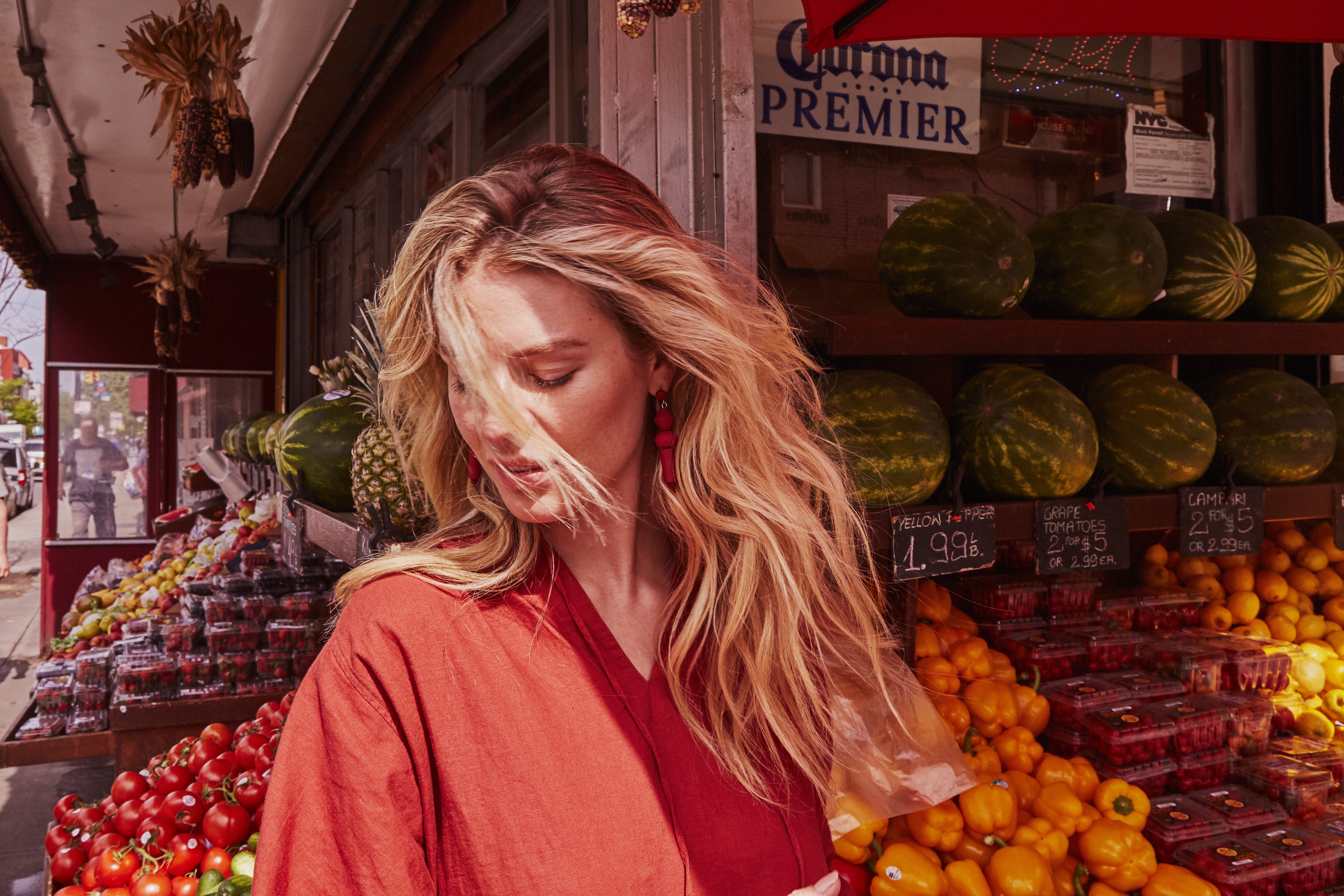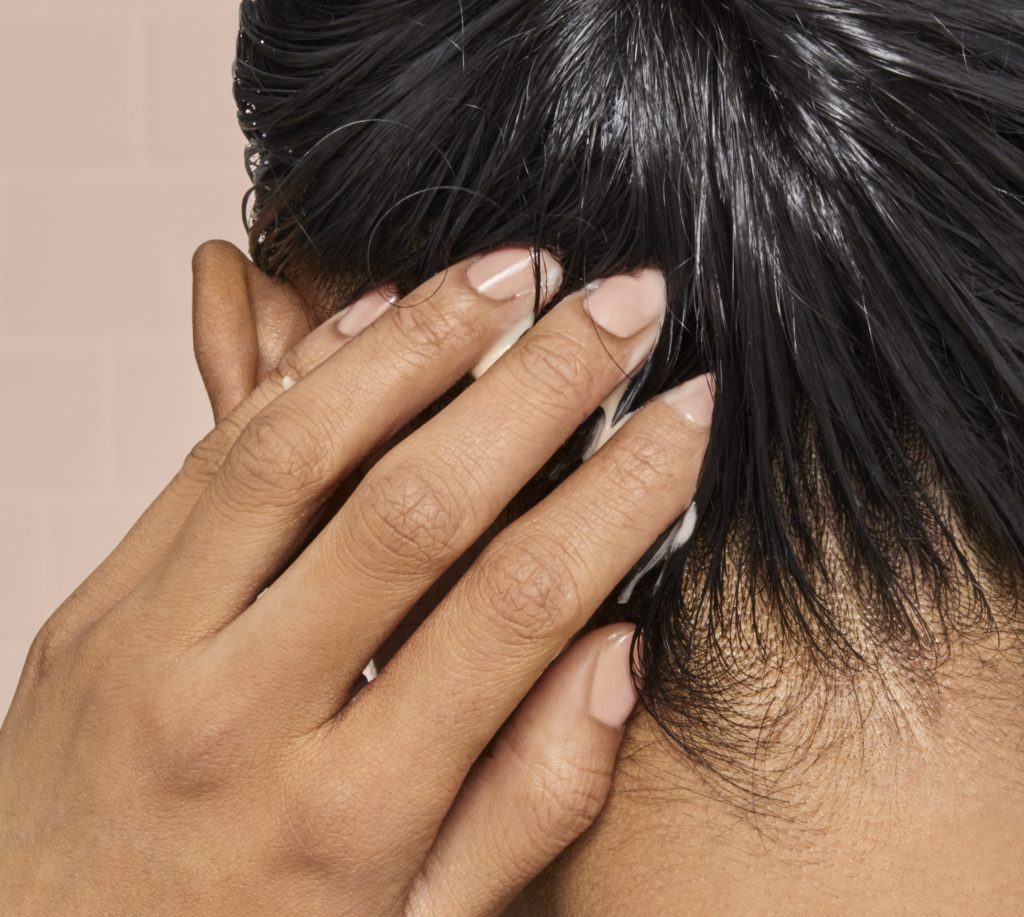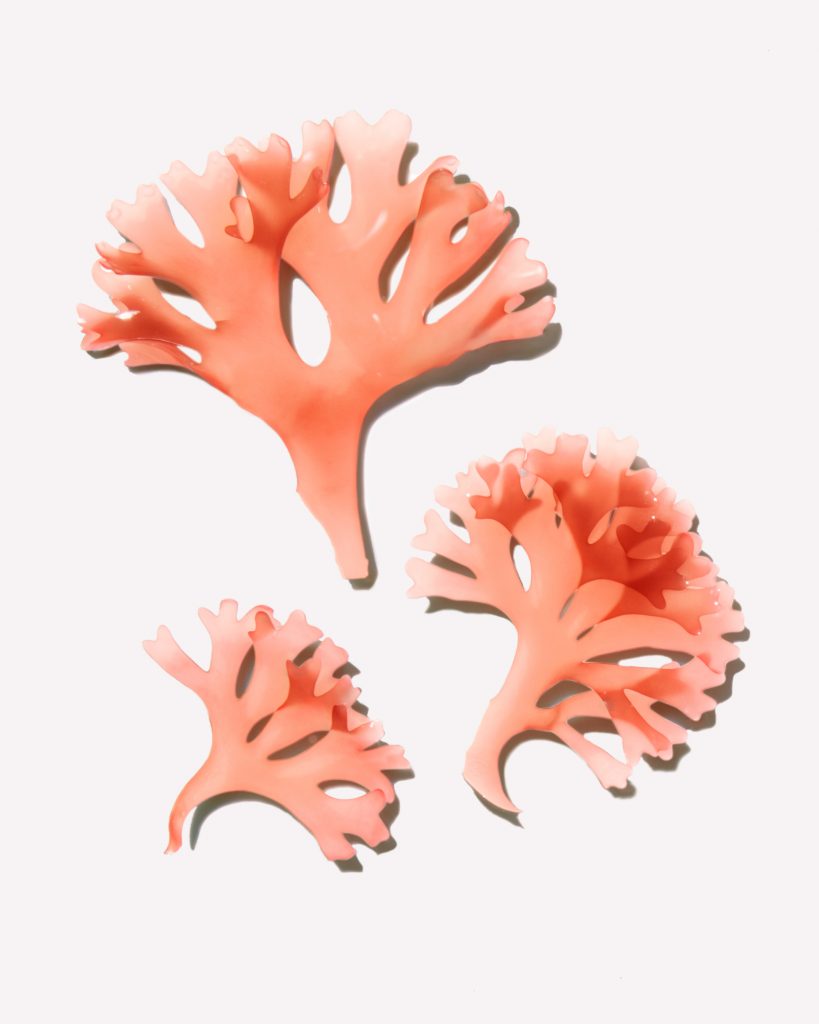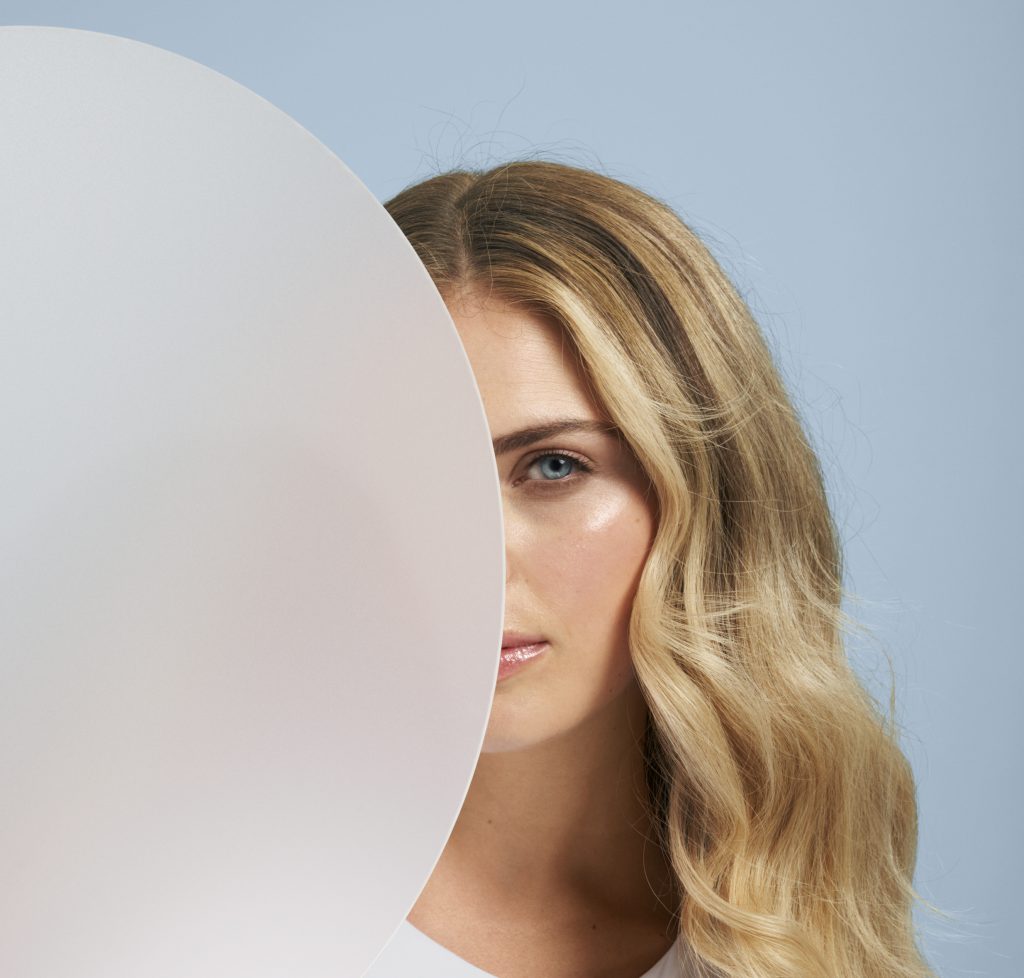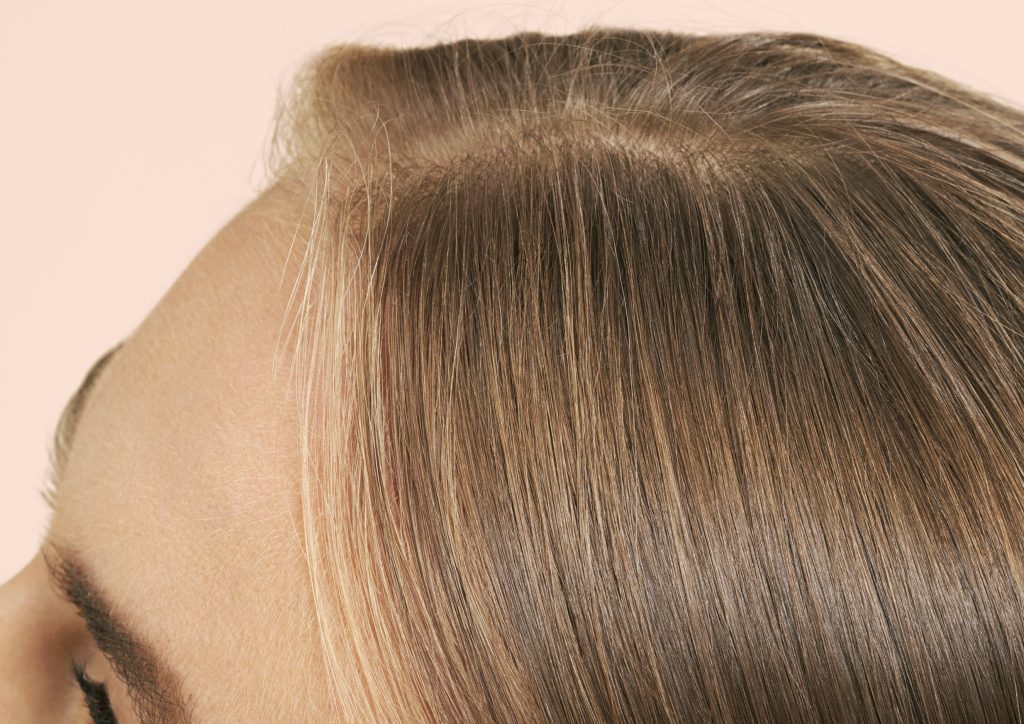Boost shine and strength with seafood
Omega-3 fatty acids help nourish the scalp’s hair follicles, enabling them to grow strands that are strong and resistant to damage. This nutrient also helps hydrate dry and brittle hair, making it shinier, more elastic and less apt to break and split. However, our bodies can’t make our own omega-3 fatty acids, so, it’s up to us to load up on it when we eat. The best sources of omega-3 come from the sea: salmon, lake trout, albacore tuna and sardines are all particularly high in this nutrient. If seafood isn’t an option for you, try walnuts, chia seeds, winter squash, or omega-3 enriched eggs instead.
Encourage growth by going green
Dark green leafy vegetables, such as spinach, kale, swiss chard, and beet greens are all packed with iron, a notoriously hard-to-come-by nutrient that is essential for healthy hair growth. A lack of iron (especially when it reaches anemic levels) can trigger hair loss, while being flush in iron stimulates hair follicles and encourages productive growth. Other good sources of iron include: lean beef, oysters, lentils, quinoa, and fortified cereals. Bonus: Most dark green leafy veggies are also high in folic acid, a B vitamin that encourages the production of red blood cells, the vehicles that take oxygen to the scalp, keeping it (and thus future hair growth) in tip-top shape.
Bulk up with protein
Hair is made up of a type of protein called keratin that makes strands strong and resistant to breakage. However, each hair is created with a finite amount of protein and, therefore, the reserves must be regularly replenished to maintain a strand’s strong structure. Lean meats, such as skinless chicken and turkey, pork, or lean ground beef are especially good sources of protein. You can also find protein in plant-based sources, such as legumes, dairy, tofu, nuts, nut butters, and eggs. One caveat: Protein is excellent for building strength, but you can eat too much of a good thing. There is some evidence that eating a very high-protein diet, especially when most of the sources of protein are meat (and all that meat is limiting your intake of other necessary nutrients), can have an adverse effect on hair, taking it from strong to brittle. Thus, be sure to vary your sources of protein, mixing both meat and plant-based options — and balance it by eating plenty of veggies.
Prevent breakage with vitamin C
Frequently heralded for its anti-virus and antioxidant properties, vitamin C is also excellent at increasing hair’s elasticity, making it less prone to snapping and tearing. You’re most-likely aware that citrus fruits like oranges and grapefruits are high in vitamin C, but you can also find it abundantly in strawberries, kiwi, guava, broccoli, brussel sprouts and bell peppers.
Speed up hair repair with spices
Sprinkling your foods with certain zesty spices, such as cinnamon, cayenne pepper, and ginger, has been shown to boost blood flow and accelerate the rate at which the circulatory system delivers nutrients to your scalp. The result: an increase in nutrients for existing hair and healthier growth for future strands.
Temper hair loss by loading up on zinc
A deficiency in this mineral has been shown to cause hair loss—even in brows and eyelashes. Why? Zinc is directly responsible for maintaining the cells that produce new hair so, when you’re lacking in this nutrient, those cells don’t work as hard…or may stop working altogether. You can find zinc in grass-fed beef, chicken, oysters, chickpeas, kefir or yogurt, and mushrooms. It’s also frequently found in fortified cereals.
Boost hydration with bright colors
Vivid, orange fruits and veggies, such as sweet potatoes, mango, pumpkin, and squash, are full of beta carotene, which promotes a healthy level of the scalp’s sebum production, keeping hair moisturized and lustrous.
Maintain nutrition by scaling back on sugar
While we’re on the topic of hair health and diet, it’s also worth mentioning that when it comes to how diet affects your hair, what you don’t eat can improve hair health too. Specifically, refined sugar, the kind found in white bread, pasta and candy, can cause an overproduction of androgen, a hormone notorious for shrinking hair follicles and triggering hair loss. Alcohol (beer, wine, spirits) can also have negative implications for the hair, as it inhibits the way we process zinc—and we now know zinc is good for the hair. Alcohol is also dehydrating and can cause hair to become dull and lank.
Now that you know how to support healthy hair from the inside, let us help you find the best formulas to use on the outside. Get started here.

